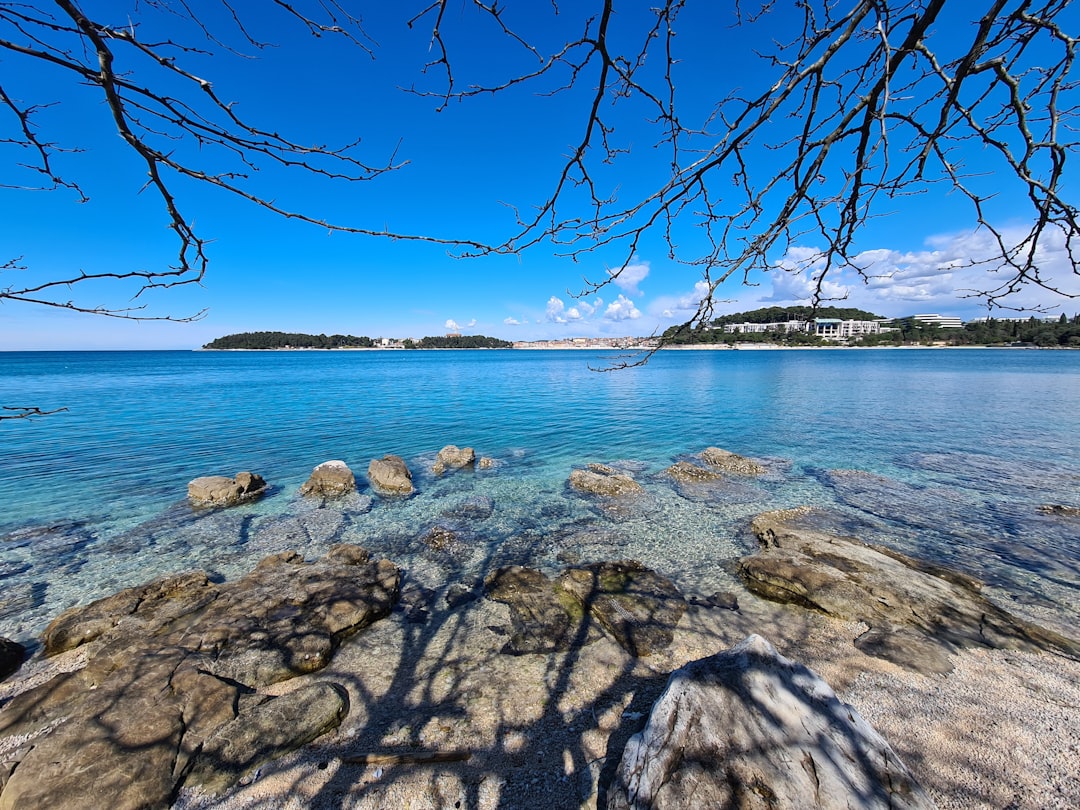Victim No More
Becoming Proactive - Guideline 10

After Dan’s surgery, I felt like a victim - of the healthcare system and my lack of preparedness. I did what professionals said to do without getting a second opinion or asking questions - mainly because I hadn’t considered the need to do so.
I knew Dan better than anyone - his lifestyle, pain tolerance, and health concerns. He took no prescription drugs before the hospital stay, but no one asked, and I didn’t offer.
While he was in the hospital, nurses plied him with medications. I was concerned, but they were the experts. He was disoriented, hostile, and confused the entire nine-day stay.
Doctors would say they saved Dan’s life. Perhaps. But his memory never recovered, and his life was never the same.
Home
After he was home, I needed answers and solutions quickly.
With the words of Joyce Meyer and Walter Anderson in mind, I reluctantly moved forward.
Feeling sorry for ourselves is a useless waste of energy. It does no good. We can’t let our circumstances or what others do or don’t do control us. We can decide to be happy regardless.
Bad things happen; how I respond to them defines my character and the quality of my life. I can choose to sit in perpetual sadness, immobilized by the gravity of my loss, or I can choose to rise from the pain and treasure the most precious gift I have—life itself.
My daughter and I visited assisted living facilities, met with in-home care providers, checked out adult daycare facilities, read everything we could, and devised plans to keep him home as long as possible.
Dan resisted our every attempt, refused to accept he had a problem, and went downhill rapidly. In the last years, he was a victim of dementia.
At the Facility
When Dan was at the facility, I was proactive - to a degree. But, I also felt like a victim - of the pandemic, the staff who made commitments they didn’t keep, and my expectations.
Because the facility was on lockdown, I couldn’t be with him when he died. Fortunately, hospice and crematorium services were in place, which made his immediate death easier to manage.
Now
Today, I practice being proactive by taking charge, being prepared, and making informed choices - as best I can.
My legal and financial paperwork is in order. I plan to live in my apartment for as long as possible. If in-home care is required - so be it - and I have chosen an assisted living facility if necessary. I don’t want to be a victim.
Dan’s father and sister were diagnosed with Alzheimer’s disease. Yet, we didn’t seriously consider that it could happen to him. There were probably indicators, but we didn’t know enough about the condition to make the connection.
I read that for most people, genes are only one factor affecting their risk of dementia. Research has found that up to a third of all people could avoid dementia through lifestyle changes. We had relatively healthy lifestyles, but that wasn’t enough.
We “should have” taken his family history more seriously, informed ourselves about the disease, and been more proactive.
We had no plans if one of us died or needed outside care. More discussions would have been wise.
There was no specific medication for dementia but I could have requested some that eased Dan’s depression, hostility, and anxiety.
Because of the pandemic, we couldn’t see the facility beforehand or meet the people caring for him. Given the opportunity, I would visit several times.
This article is the last of the guidelines - a brief review of what I learned as a caregiver. Thank you for letting me share it with you.
Beginning with the next article, I’ll provide weekly tips about managing as a caregiver. They may work or not - but, they are possibilities.
If you want to discuss specific topics, let me know - I’ll do my best.
See. you next week!.
The newsletter will always be free. However, if you wish to contribute to my work, consider donating to the Alzheimers Association. This link takes you to their website; the choice is yours.




One day at a time. Prepare as best we can for the future. Remember to embrace the things we've done right and enjoy those few precious moments we call joy. Great read as always, thank you.
I think what you are doing here is very much needed. As I mentioned a different time, I was a caregiver and guardian for one of my parents when I was in my 20s - about 20 years ago. It was an incredibly stressful experience made even worse, in my opinion, because there is so little support for caregivers in the world. Your willingness to share your experiences is helping a lot of people who find themselves in the caregiver role. I always look forward to reading your posts. Thank you!